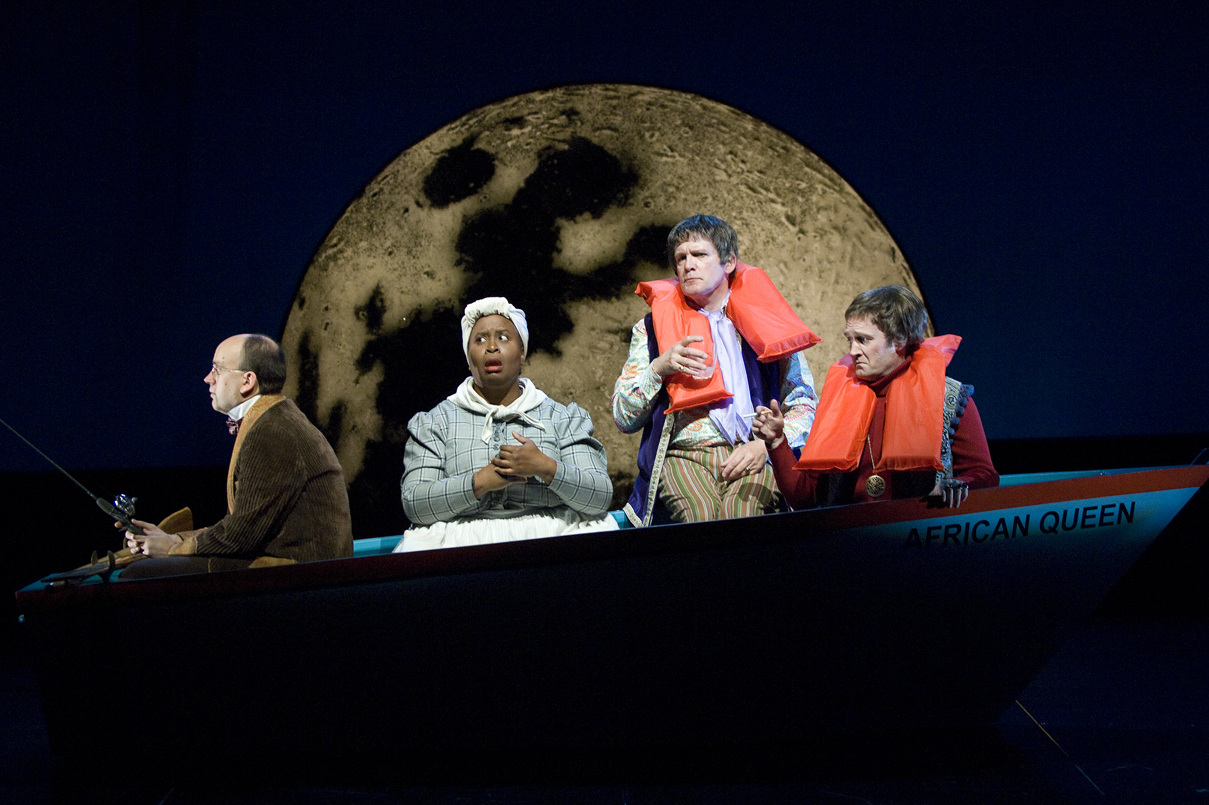The Further Adventures of Hedda Gabler, Jeff Whitty’s festive romp through a field of razor blades, brings to mind a couple of things. The first is the flap over the now infamous New Yorker magazine Obama cover illustration, the one that takes the various racial and incendiary whispers about the presidential candidate and his wife and gives them visual form. It’s clearly satirical, and clearly potent: It hits with merciless accuracy at precisely the points of fear and loathing that the dirtier fighters among Obama’s opponents are eager to exploit.
Yet, here’s the funny part: Obama’s camp itself, the presumed beneficiary of this political counterthrust, has found it necessary to protest vigorously against the images, even though the candidate undoubtedly understands their satirical point. Funnier yet: Obama’s opponent for the presidency, John McCain, has also found it necessary to protest, even though he surely understands the difference between satire and actuality. (Do the candidates truly believe that Swift wished to eat children?)

Now that they are presidential candidates, Obama and McCain find themselves the main characters in a pre-scripted drama. They are the guardians and servants of the nation’s images, and it becomes more important for them to respond to the illusion of reality than to reality itself. The script says, Americans don’t talk about such things. So the candidates, no matter “left” or “right,” must protest: To do less would be to place themselves outside the devoutly desired center of the let’s-pretend debate. And so they become the not-Obama and the not-McCain, fictional characters in a ritualized national drama that they can’t escape.
The second thing that Whitty’s comedy, playing in the Angus Bowmer Theater of the Oregon Shakespeare Festival in Ashland, brings to mind: Jasper Fforde‘s sly comic novels (The Well of Lost Plots and several others) about Thursday Next, a human investigator of crimes and misdemeanors among the vast pages of fiction. In Fforde’s universe, fictional characters have an actuality of their own, even though they operate under severe constraints: They find it difficult, for instance, to speak without employing quotation marks and a liberal sprinkling of explanatory “he saids” and “she saids.”
